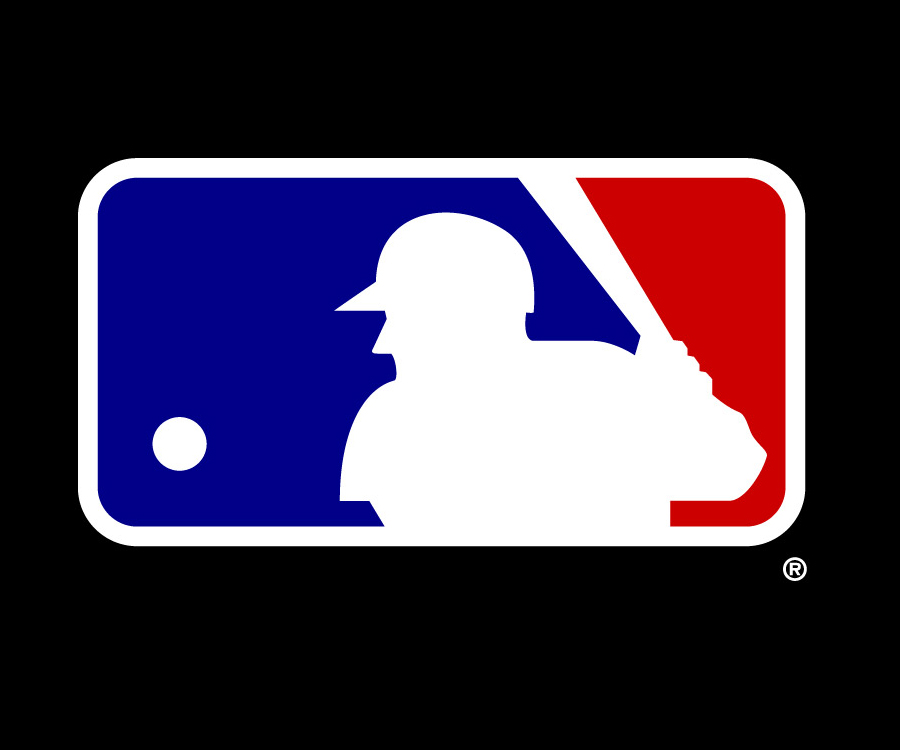SAN DIEGO (AP) — Major League Baseball doesn’t think minor leaguers should be entitled to overtime.
Minor leaguers filed a lawsuit in U.S. District Court in San Francisco two years ago, alleging their pay violates federal and state minimum wage and overtime laws. The case could go to trial next year.
Two members of the House of Representatives, Kentucky Republican Brett Guthrie and Illinois Democrat Cheri Bustos, introduced legislation last month that would amend the Fair Labor Standards Act of 1938 to state no employer could be subject to liability under that law for work performed by minor league baseball players, who are not unionized. Six days later, Bustos announced she was withdrawing her support of the proposed legislation, which is called the Save America’s Pastime Act.
“This is not a dollars-and-cents issue,” baseball Commissioner Rob Manfred said Tuesday during his annual meeting with the Baseball Writers’ Association of America. “It is the irrationality of the application of traditional workplace overtime rules to minor league baseball players. It just makes no sense. I want to take extra BP — am I working, or am I not working? Travel time — is every moment that you’re on a bus, is that your commute that you don’t get paid for or is that working time? Where’s the clock? Who’s going to punch a clock to keep track of those hours? When you’re eating in a clubhouse with a spread that the employer provided, is that working time or is that your lunch break?”
Minor league minimums are $1,100 a month for a five-month season at Class A, $1,500 a month at Double-A and $2,150 at Triple-A, and players get $25 meal money on road trips and a dinner is provided at ballparks after games. For players on 40-man major league rosters who are optioned to the minors, the minimum is $41,400 per season.
U.S. Magistrate Judge Joseph C. Spero granted a motion last October to give the case conditional class action status.
“We could figure out the economics,” Manfred said. “The administrative burden associated with the application of these laws to professional athletes that were never intended to apply to professional athletes is the real issue. And the litigation is going to run its course, but I have to tell you this is area where excessive regulation could have a really dramatic impact on the size of minor league baseball.”
The Major League Baseball Players Association, which represents players with big league contracts on 40-man rosters, issued a statement last month saying it “believes that all workers, including athletes who are directly employed by the major and minor league clubs, are entitled to the statutory protections afforded them by all of the employment laws of the United States and the various states and municipalities, including the protections for both minimum wages and overtime work.”
“We’ve been engaged and are obviously attentive to everything that is going on there,” union head Tony Clark told the BBWAA. “We are watching closely as to how this plays out, and based on how it moves, one way or the other, may largely determine what role if any or what commentary if any we take.”
Copyright 2024 The Associated Press. All rights reserved. This material may not be published, broadcast, rewritten or redistributed.

